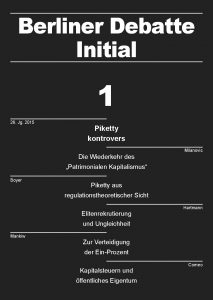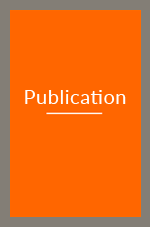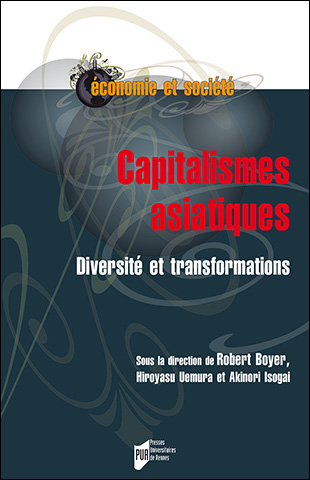Interview France Culture, les Matins de l’économie, le 13 octobre 2015
Le Monde, les Journées de l’Economie, p. 11, 11 Octobre 2015
A world of contrasted but interdependent inequality regimes: China, United-States and European Union
Review of Political economy, Vol. 27, n° 4, October 2015, p. 481-517.
Abstract:
A number of contemporary paradoxes warrant explanation. First, in China, economic development has reduced poverty but dramatically increased inequalities. Second, the finance-led growth regime of North America has brought about a rupture with the Fordist Golden Age, causing a surge of inequality because of quite specific spill-over effects from the economy to policy. Third, the Eurozone crisis is often perceived as reflecting the limits of welfare states and the ideal of social equality, but some countries continue to exhibit an extended welfare system, moderate inequalities and a dynamic innovation and production system. To explain these paradoxes, this article applies a socio-economic approach based upon the concept of inequality regimes. Conventional interpretations stress the universality of the mechanisms that widen individual inequalities within each nation-state but reduce the hierarchy of national standards of living. This analysis, however, concludes that China, North America and Europe do not follow the same trajectory at all, since they have developed contrasting regimes of inequality that co-evolve and are largely complementary at the global level. This suggests an alternative to the hypothesis of an irreversible globalization of inequality.
PUNTO UDG /ENTREVISTA Robert Boyer por Héctor Farina , Radio UdeGOcotlan Mexico, septiembre 2015
Le Monde, 4 septembre 2015, p. 6. (version complète)
Paper prepared for the « Forum de la régulation« ,
La théorie de la régulation à l’épreuve des crises, Paris 10-12 juin 2015
Avec Hiroyasu Uemura et Akinori Isogai (Dir) Presses Universitaires de Rennes, Collection Economie et société, 2015



